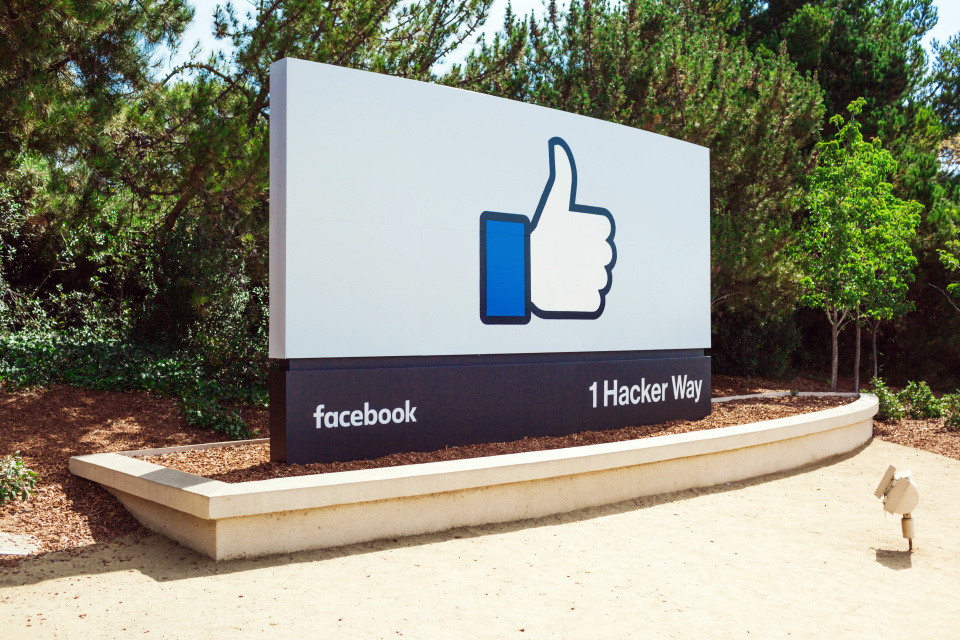

Image credit: Facebook
Facebook owner Meta Platforms has reportedly told advertisers that mixed-reality marketing tools could be available within “a few years”.
The remarks, made during a Zoom call with advertising agencies, give a timeline for the company’s plans for developing social media into new areas that it collectively calls the “metaverse”, including augmented reality (AR), virtual reality (VR) and mixed reality (MR).
Meta has said it intends to spend $10 billion (£7bn) a year for the next decade developing the metaverse, which it sees as the next step for the internet, making it more immersive.
Virtual reality headsets such as Meta’s Oculus immerse the user in a digital world, while augmented reality, which is already widely used in the form of games such as Pokémon Go, typically allows virtual items to appear on top of the real world, for instance using a smartphone screen or a pair of glasses.
But AR doesn’t allow real-world objects to interact with the virtual world.
Meta told advertisers that a user with an MR could use a real-world object to trigger a virtual-world reaction, for instance by hitting a video game character with a real baseball bat, Reuters reported, citing an unnamed agency executive who attended the call.
The call, Meta’s first roundtable discussion with agencies about the metaverse, was intended to help advertisers understand how it works and plan ad strategies, the executive said.
Mixed-reality headsets already exist, with Microsoft’s HoloLens 2, launched in 2019, featuring such features. But that tool retails for $3,500 and is intended for workplace use.
At its annual Connect conference in October Meta announced a headset called Project Cambria that includes mixed-reality features along with face and eye tracking. The headset is to be released this year, Meta said.
At the roundtable Meta reportedly advised advertisers to experiment with augmented reality ads, such as photo and video filters that overlay digital images onto the real world, comments it has previously made at ad industry conferences.
The company said advertisers could work with content creators on AR ads or use the technology for virtual clothes fittings.
Meta didn’t provide details on metaverse ad formats or controls to prevent ads from appearing alongside objectionable content, the executive said.
Meta declined to comment.
The company has already filed hundreds of patents related to its plans for constructing an advertising framework within the metaverse, including technologies that could target advertising using biometric data and virtual stores where brands can sponsor digital goods, the Financial Times reported last week.
At the same time the company continues to face increased pressure over its past collection of data on its users, with Texas’ attorney general filing a lawsuit last week over Facebook/Meta’s collection of Texans’ biometric data without their consent.
Apple fined 150m euros over App Tracking Transparency feature that it says abuses Apple's market…
OpenAI to release customisable open-weight model in coming months as it faces pressure from open-source…
Samsung's Bespoke AI-powered fridge monitors food to create shopping lists, displays TikTok videos, locates misplaced…
Huawei sees 38 percent jump in consumer revenues as its smartphone comeback continues to gather…
In world-first, China approves commercial flights for EHang autonomous passenger drone, paving way for imminent…
Microsoft closes down IoT and AI lab it operated in Shanghai tech district in latest…